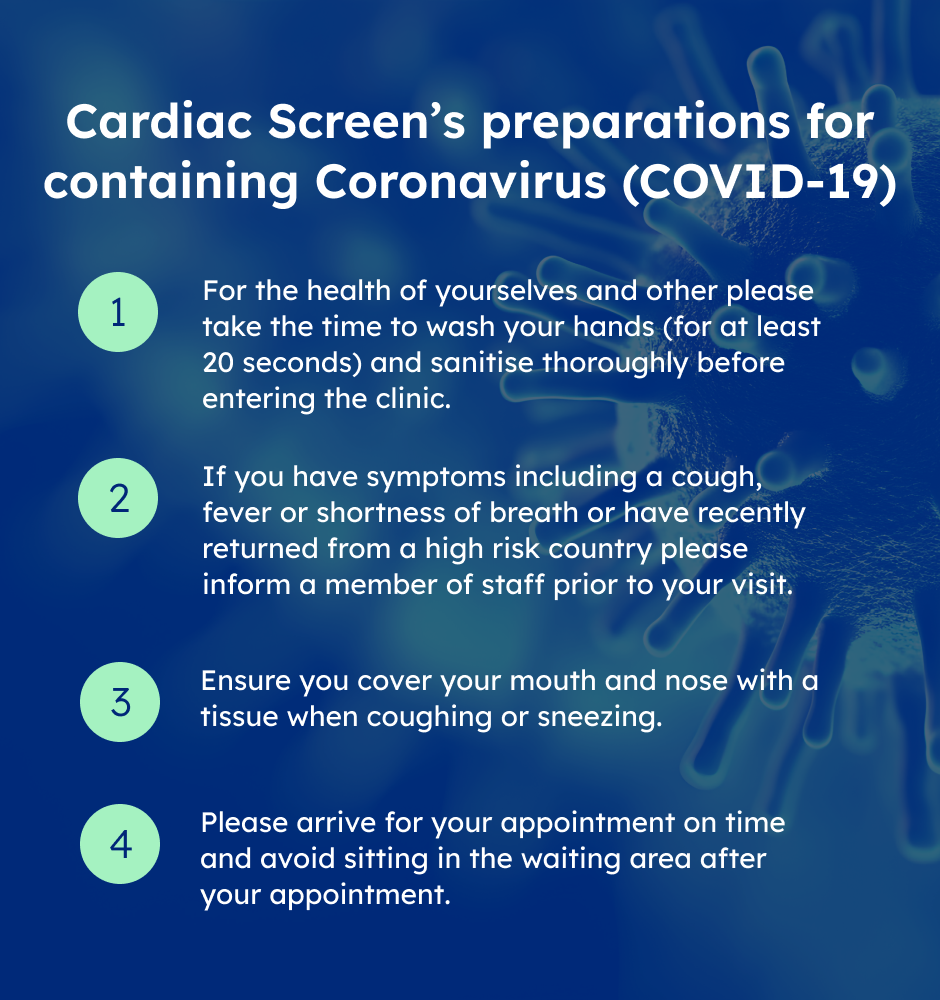Please click here to view Cardiac Screen's preparations for containing Corona Virus
Balppa House, 57-61 Newington Causeway, London SE1 6BD
The Relation Between High Blood Pressure and Heart Attack
Meet Our Medical Specialists
One of the most commonly performed tests during check-ups and heart screening is a blood pressure check. Many of us have high blood pressure, even though it might not be causing any symptoms. Up to 5 million people in the UK are believed to be living with undiagnosed high blood pressure. The reason why this matters is that it can put us at risk of cardiac problems, including heart attacks. However, if we know that our blood pressure is too high then there are steps we can take to reduce these risks.
What is High Blood Pressure?
Your blood pressure is the pressure of the blood moving through your arteries. The pressure is generated by the force of your heartbeat and it needs to be high enough to move the blood around your entire body. However, if it is too high then it could damage your arteries or cause problems for your heart and kidneys.
Our blood pressure changes in response to exercise, stress and other factors, but it should usually stay within the healthy range. If your blood pressure is consistently higher than expected then you will be diagnosed with high blood pressure. The most common causes of high blood pressure are lack of exercise, eating too much salt, drinking too much alcohol or being overweight. You are also more likely to be affected if you have a family history of high blood pressure.
High Blood Pressure and the Risk of Heart Attacks
Although high blood pressure might not cause any obvious symptoms at first, it is important to know if you are affected. Living with high blood pressure will put a strain on your body that could put you at risk of a heart attack.
When the blood passing through your arteries is at higher pressure than normal, it will put extra strain on these blood vessels. The coronary arteries that supply blood to your heart muscle are particularly vulnerable to this kind of damage. The arteries can harden and become narrower as material builds up inside them as a result of the damage. Eventually, it can become impossible for them to supply enough blood to your heart, which will cause a heart attack. The extra strain on your heart can also increase the risk of other issues such as heart failure and your eyes, kidneys and other organs can also be damaged by high blood pressure.
However, if you do have high blood pressure this doesn’t mean that you will definitely develop heart disease. You can reduce the risk by taking steps to improve your blood pressure. Your doctor might recommend medication, but it is also important to eat a healthy diet, take regular exercise and lose any excess weight. A healthier lifestyle should result in a better blood pressure reading at your next check up.















